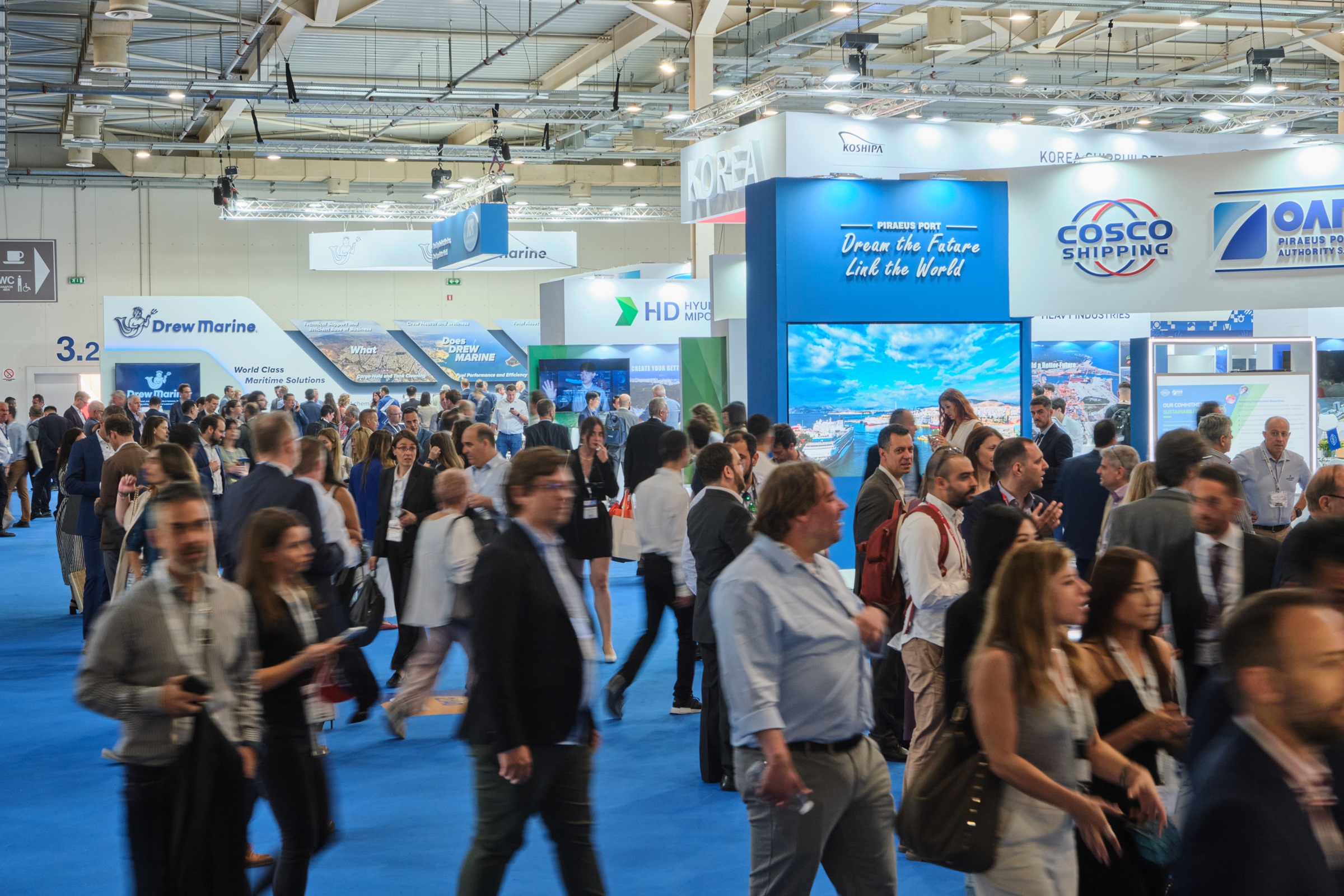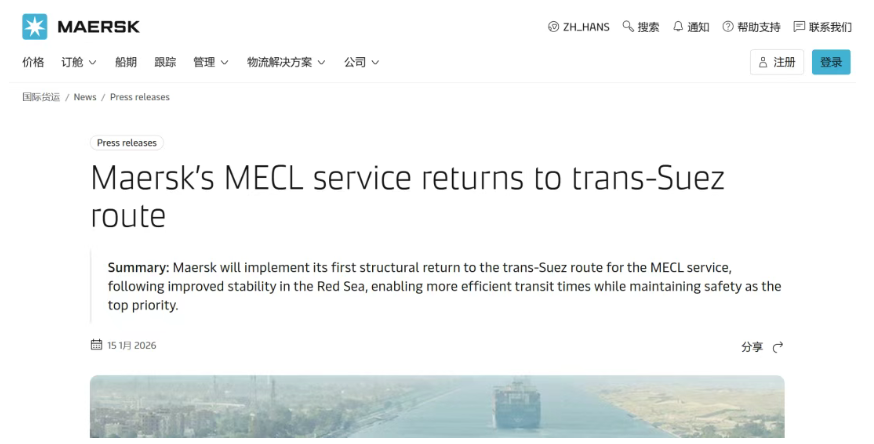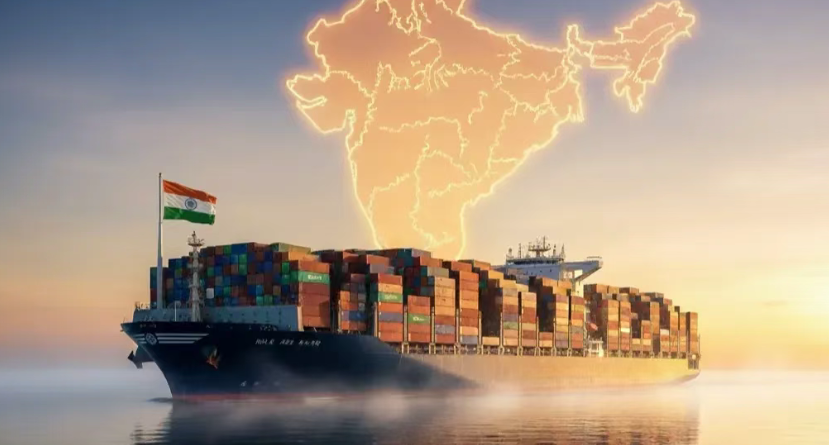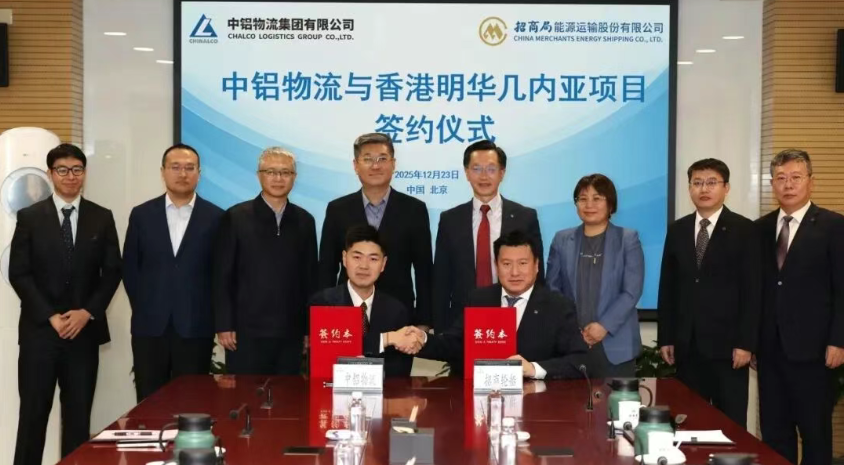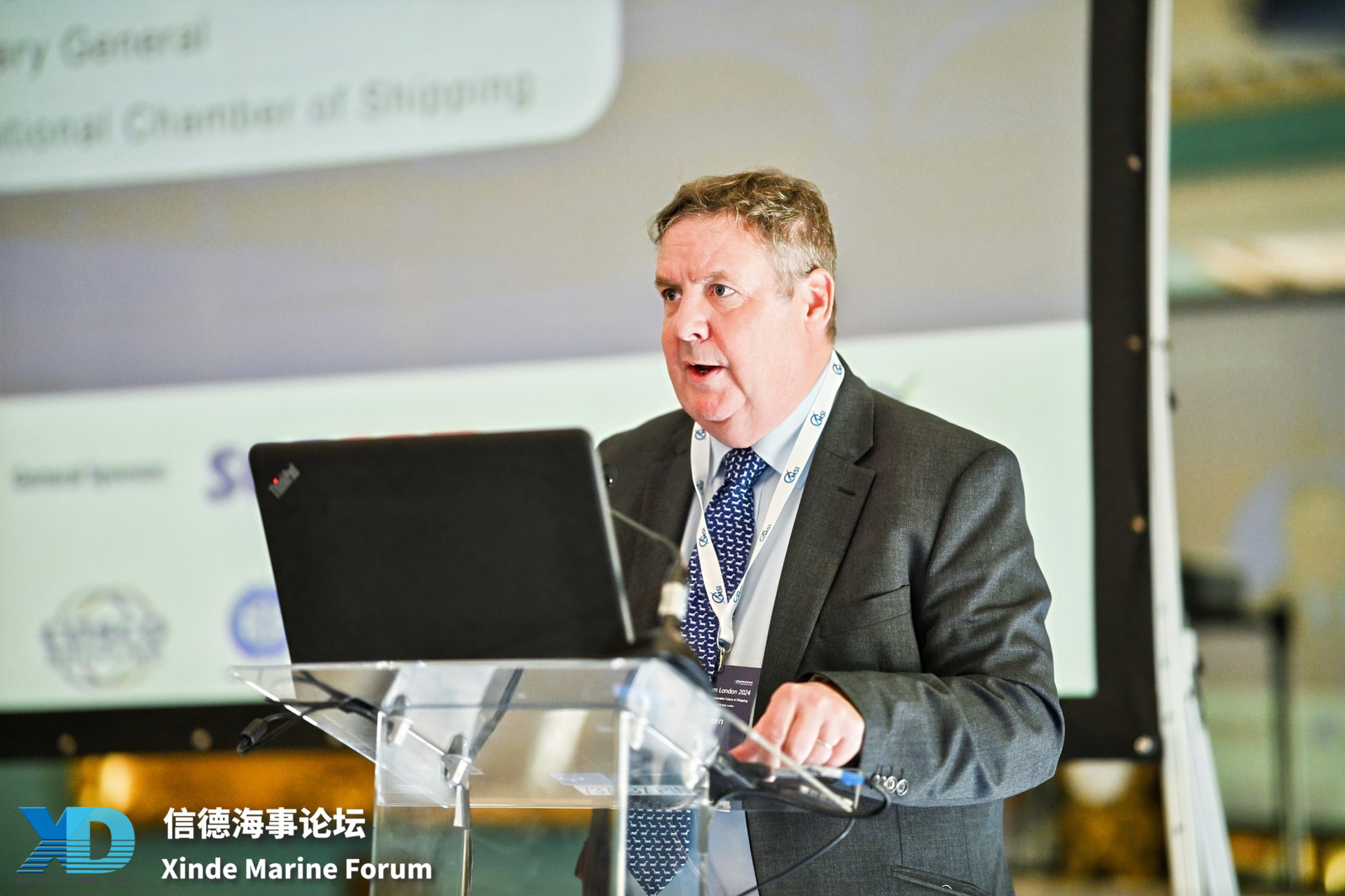
On Friday, September 20, 2024, the Xinde Marine Forum in London brought together industry leaders under the theme "Innovation and Cooperation for the Sustainable Future of Shipping." The forum, held at The Nash in Pall Mall, attracted over 150 participants, including shipowners, ship managers, classification societies, port authorities, and representatives from various sectors of the maritime industry. The keynote address was delivered by Guy Platten , Secretary General of the International Chamber of Shipping (ICS), who provided a forward-looking perspective on the challenges and opportunities the shipping industry faces today.
Collaboration in the Face of Unprecedented Challenges
Guy Platten opened his address by emphasizing the importance of unity and collaboration in tackling the many challenges currently confronting the maritime sector. Highlighting the global geopolitical instability that continues to threaten seafarers, particularly in conflict zones such as the Red Sea, he reminded the audience of the urgent need to protect crew members. Platten referenced the ongoing hostage situation involving the crew of the merchant vessel Galaxy Leader, underlining that such attacks on seafarers are not only unacceptable but should galvanize the industry to stand together in defense of its workforce.
“Only united, with global regulations, will we be able to meet these challenges head on and build a sustainable industry for future generations,” said Platten. His words reinforced the message that international cooperation and collective action are essential in ensuring the maritime sector remains resilient in the face of current headwinds.
The Growing Threat of Protectionism to Global Trade
Protectionism emerged as one of the critical concerns in Platten’s speech. He pointed to the increasing number of unilateral barriers to trade, which are being implemented by nations seeking political or economic advantage. These protectionist policies, he warned, are detrimental to the health of global trade and, by extension, to the growth of the shipping industry. Drawing from recent discussions with the World Trade Organization (WTO), Platten highlighted the economic benefits of reducing trade restrictions, particularly for both high-income and developing nations.
With trade protectionism on the rise, Platten noted that the ICS would convene a meeting of industry stakeholders and policymakers in Hong Kong in November 2024 to address this growing issue. He stressed that the long-standing rules-based order that has benefited global trade and the maritime industry must not be dismantled, especially when the industry faces significant challenges such as decarbonization.
Decarbonization and Innovation: The Industry’s Shared Responsibility
The transition to a sustainable future was a central theme of Platten’s address, particularly the need for greater innovation and investment to achieve decarbonization. While he acknowledged the progress made so far, he emphasized that more needs to be done to meet the International Maritime Organization’s (IMO) net zero target for 2050.“China can be one of the leading nations in efforts to meet our decarbonization targets,”Platten noted, referencing the innovative capabilities within China and the fact that over half of the world’s fleet tonnage is owned by Asian companies. For the industry to achieve its decarbonization goals, a holistic approach is needed—one that involves competitive pricing for low and zero-carbon fuels, port infrastructure upgrades, and workforce training.
A key proposal put forward by ICS, which gained support during the recent IMO Marine Environment Protection Committee (MEPC81) session, is a global contribution system based on greenhouse gas (GHG) emissions. This mechanism, Platten explained, would incentivize innovation, support the production and adoption of zero-carbon marine fuels, and generate funds to aid developing economies in the transition.
The Clean Energy Marine Hubs Initiative: A Collaborative Path Forward
A crucial initiative that Platten highlighted is the Clean Energy Marine Hubs (CEM Hubs) initiative, which aims to align the entire energy-maritime value chain in the fight against climate change. The initiative, supported by countries including Brazil, Canada, and Norway, focuses on ensuring the availability of green fuels not just for the shipping industry but for global consumption. By fostering cooperation between private sectors and governments, the initiative seeks to break down barriers between fuel producers, consumers, and other stakeholders to accelerate the production and use of low-carbon fuels.
China, Platten suggested, has a critical role to play in this initiative. He urged Chinese industry stakeholders to consider joining the CEM Hubs initiative to further drive the development of sustainable solutions on a global scale.
Investing in People: Ensuring a Just Transition
No discussion of sustainability would be complete without addressing the importance of people. As Platten rightly pointed out, achieving decarbonization targets will require significant upskilling of the workforce. With around two million seafarers globally and an estimated 800,000 needing additional training to manage alternative fuels, this presents both a challenge and an opportunity. The Maritime Just Transition Task Force, an initiative jointly led by ICS and other international organizations, is focused on ensuring that the industry’s people are well-equipped to meet the demands of the future.
Looking Ahead
In closing, Guy Platten left the audience with a message of optimism. The shipping industry has proven itself resilient and innovative, even in the face of daunting challenges. By working together, embracing innovation, and putting people at the heart of its efforts, the maritime sector can continue to thrive and contribute to a more sustainable world.
The Xinde Marine Forum served as an important reminder that the journey toward a sustainable future for shipping will not be easy, but it is one the industry is more than capable of navigating—provided it continues to innovate, collaborate, and act with purpose.
by Xinde Marine News Chen Yang
by Xinde Marine News Chen Yang
The opinions expressed herein are the author's and not necessarily those of The Xinde Marine News.
Please Contact Us at:


